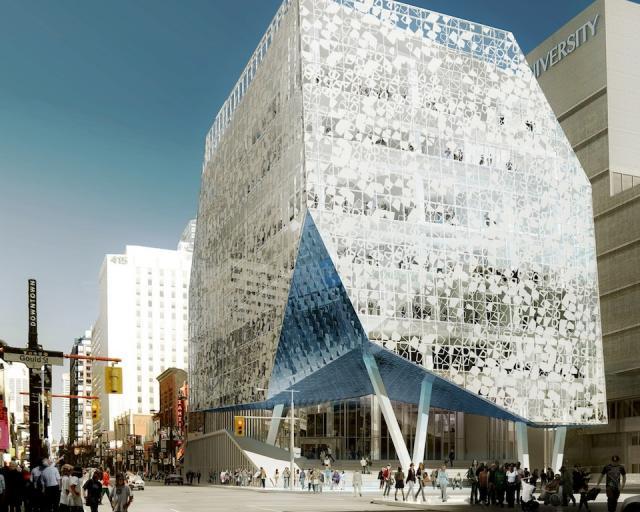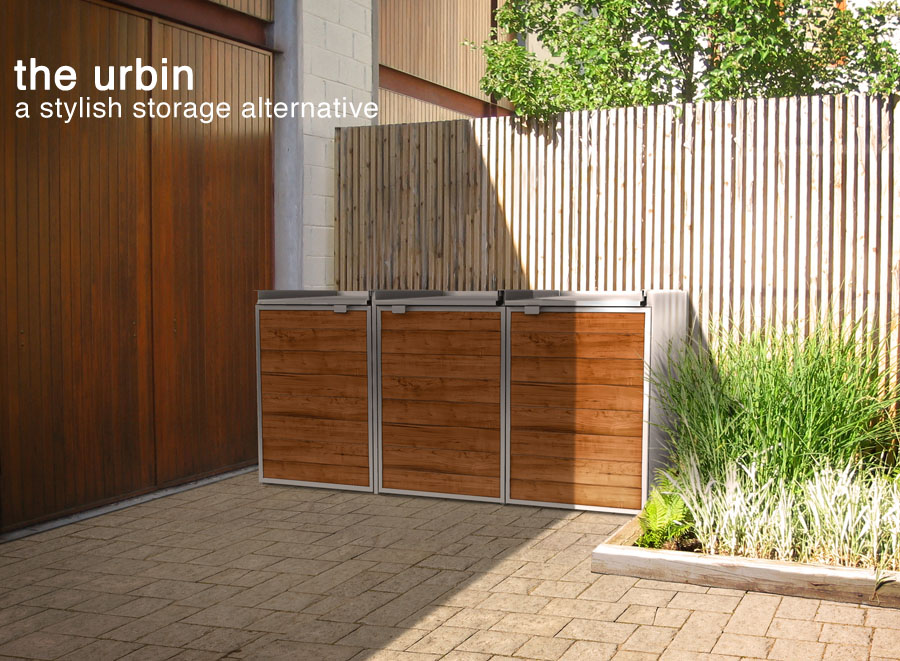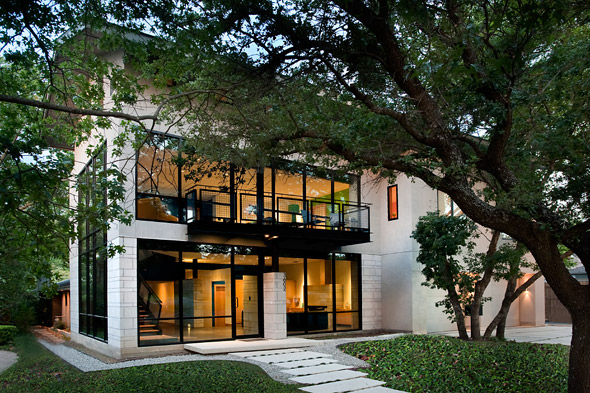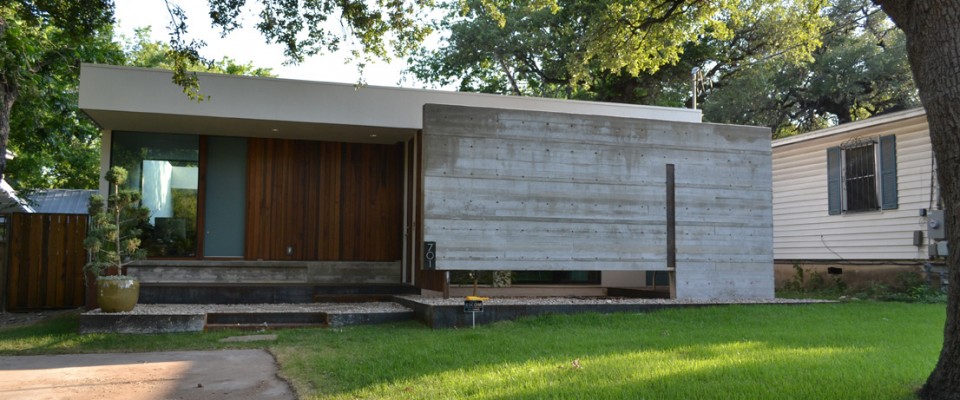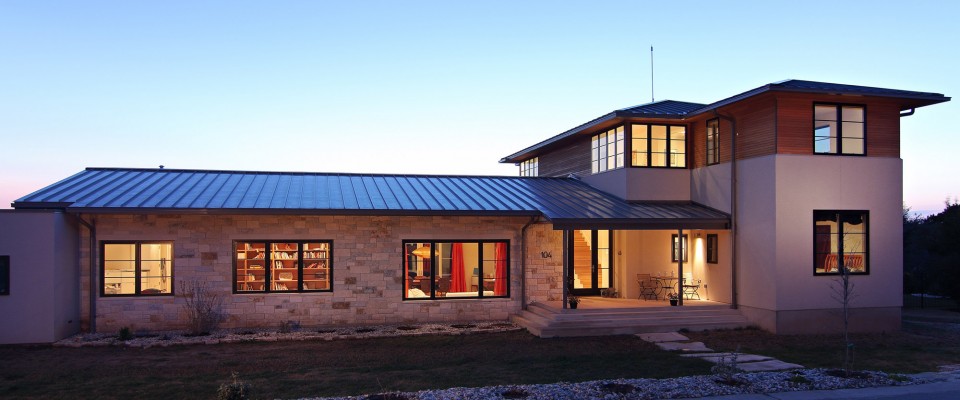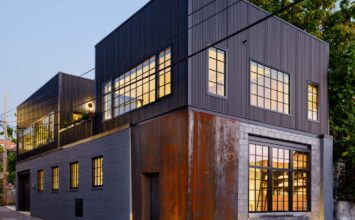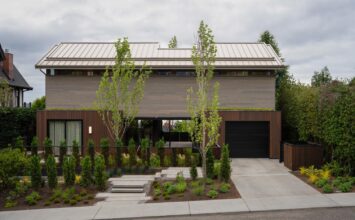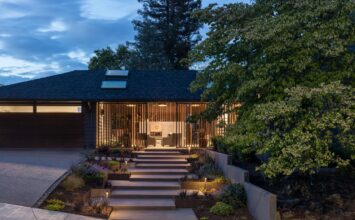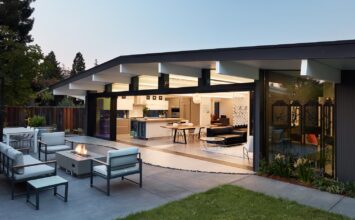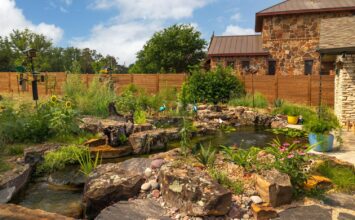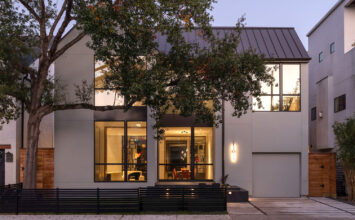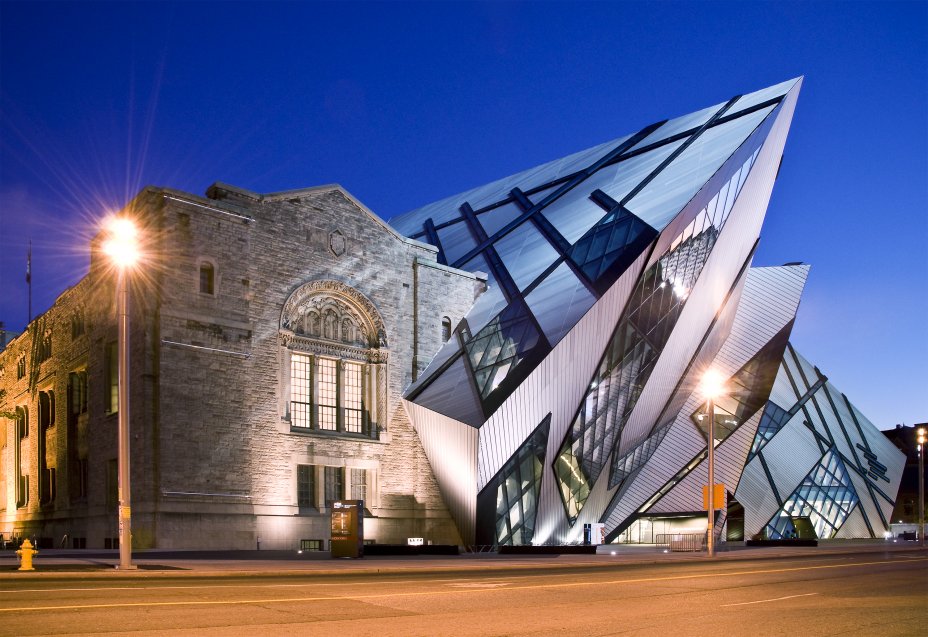
Last month, Modern Home Tours officially went international as we headed north and scouted out the modern design scene in Canada. The Toronto Modern Home Tour opened the doors to some great modern residential architecture beyond the U.S. and highlighted some stunning properties in neighborhoods throughout the city. Our great neighbor to the north is doing some really interesting things design-wise, and stepping foot in some of them afforded us a new perspective and definitely contributed to our ever-growing and robust concept of “modern design.”
Two of the tour-goers in Toronto were Alana and Daniel Charles, native Canadians and modern design gurus. Alana Charles is the founder of Ubisu, a modern living company dedicated to solving urban issues through good design. Ubisu was conceived one evening during a stroll through a downtown Toronto neighborhood. Alana noticed that large garbage and recycling bins, strewn about porches and front lawns due to lack of storage space, were ruining the aesthetic of the homes. Ubisu’s “Urbin” is designed to give the urban homeowner an innovative, highly-functional, and compact way to deal with this issue (rather than just hiding it) while simultaneously raising the aesthetic standard of the home,.
We recently caught up with Alana and Daniel post-tour to get a boots-on-the ground Torontonian perspective on modern design.
Q&A w/ Daniel and Alana Charles
What’s Toronto like as a design city, and how does “modern” manifest itself in Toronto?
We used to be a very conservative city design-wise, but today Toronto is emerging as one of the top modern design centers on the continent. Modern design is happening everywhere in the city through a combination of both high profile projects by acclaimed international architects like Will Alsop, Frank Gehry, and Daniel Libeskind, and young designers and architects gaining accolades around the world.
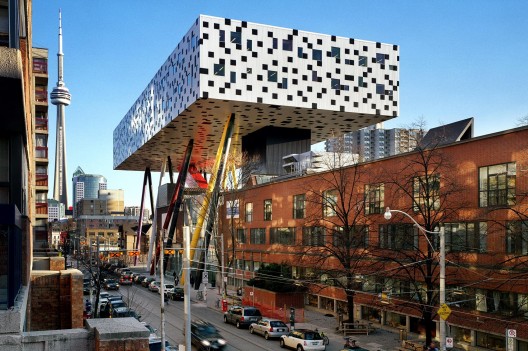
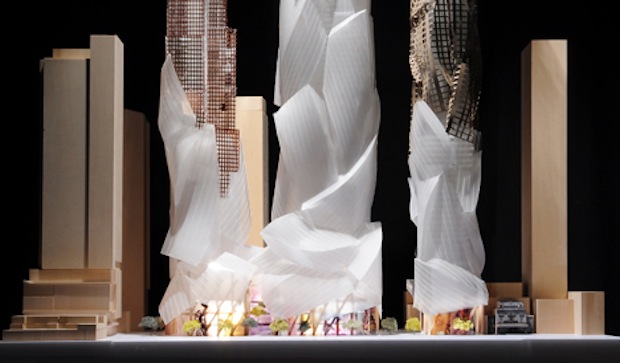
Tell us a bit more about where the idea for Ubisu came from, and what ways do you think urban issues and constraints can influence design for the better?
The idea for Ubisu came out of necessity. We were frustrated by the lack of options to store our large garbage and recycling bins, and after searching for a ready-made solution, we didn’t see anything that matched the modern aesthetic of our home. As a result, we began working with a team of industrial designers and manufacturers to create a modular solution that would work for us as well as others.
With the constraints of living in a densely populated urban area, good design is critical to improving the urban experience. Storage has been a big area of focus for us to-date, but we’d love to explore lighting, furniture, privacy, and other aspects of modern living in the future.
Being involved in the modern design world, what drew you to Toronto? Or, if that’s where you’re from, what keeps you there?
Toronto is where we both grew up, and having traveled around the world it is the only place that we could call home. Toronto is a unique place where people’s cultural upbringing is embraced unlike anywhere else I’ve ever been. This creates an interesting dynamic in the city where you can find authentic foods, products, and participate in events with experiences from cultures around the world. As an example, from our house you can walk in any direction and find a different cultural experience depending on your mood, be it Chinatown to the east, Little Italy to the west, Kensington market to the south, or the Annex to the north, with each neighbourhood having a very distinct style and vibe.
From any traveling you’ve done, which cities in the U.S. would you say Toronto is most similar to, design-wise? How is Toronto different from U.S. cities?
Toronto is probably most similar to New York. Like New York, we have many neighbourhoods with each having their own flavour design-wise. King and Queen Street West have a similar vibe to SoHo, with cutting-edge furniture and clothing stores on a much smaller scale. Bloor Street/Yorkville, with international brands like Louis Vuitton, Hermes and Prada, is like 5th Avenue. Yonge and Dundas represent a Canadian version of Times Square.
